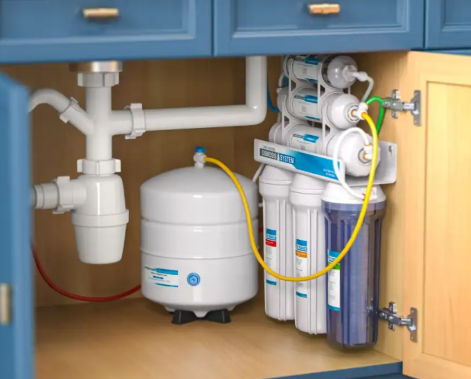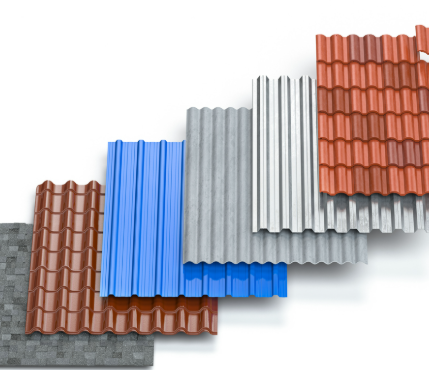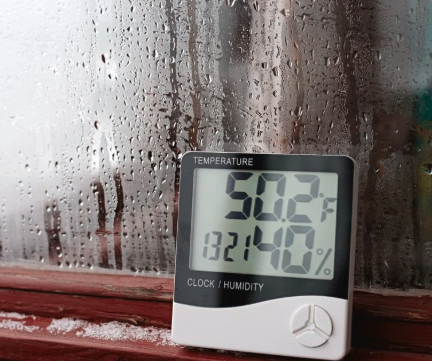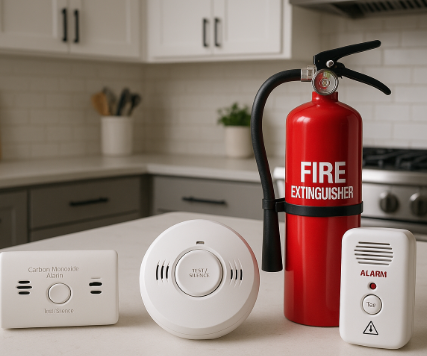Maintaining a home in the U.S. requires a proactive seasonal strategy to protect your investment from unpredictable weather and costly insurance claims. This guide outlines essential year-round tasks, from spring gutter cleaning and summer windproofing to fall insulation upgrades and winter fire safety. By monitoring indoor humidity and maintaining critical systems like sump pumps and GFCIs, homeowners can prevent structural damage and mold. Understanding these regional maintenance cycles ensures your property remains energy-efficient and secure, providing a safe sanctuary for your family while preserving long-term real estate value throughout every changing season.

Spring
Spring weather in the U.S. can be unpredictable, with hurricanes, snow, or flooding. According to Travelers Insurance, nearly one-third of home insurance claims occur during spring, making seasonal maintenance especially important.
Key tasks for spring:
Clean gutters
Perform exterior inspection
Repair and clean driveways
Replace with impact-resistant materials
Inspect caulking
Test sump pump
Masonry repairs
Measure indoor humidity
Remove old mulch
Shut off water before vacations
Clean gutters
With melting snow and spring rains, large amounts of water flow through gutters. They should be cleaned at least twice a year to prevent roof and foundation damage. Poorly maintained gutters can overflow, leading to basement leaks, mold, or even foundation cracks.
Exterior inspection
Spring rain can help reveal issues with your home’s siding, missing roof shingles, loose gutters, or overhanging branches. It’s also the best time to check downspouts and drainage systems.
Driveways
Asphalt driveways can crack after harsh winter weather. Seal and repair them every few years to extend their life.
Impact-resistant materials
Spring hailstorms may damage roofs, siding, and windows. When repairing, choose impact-resistant materials to reduce future damage.
Caulking
Temperature changes in winter may crack caulking around windows, doors, or bathrooms. Cracks in bathroom caulking can cause water damage, but repairs can cost as little as \$5—much affordable than future structural repairs.
Sump pump
Usually located in basements, sump pumps remove excess water from the pit. Test regularly to ensure proper function, and call a plumbing professional for a thorough inspection if needed.
Masonry repairs
Neglected brickwork can attract pests and allow water infiltration. Inspect regularly to prevent leaks and insect infestations.
Indoor humidity
The humidity difference between basement and first floor should not exceed 10%. If overall humidity rises above 60%, run a dehumidifier.
Mulch removal
Old mulch should be raked out before adding new layers. Piling on mulch may trap rainwater near the foundation, causing basement dampness.
Turn off water before vacations
Nearly 45% of spring insurance claims involve water damage. If leaving home for extended periods, shut off the main water supply to prevent leaks or flooding.
Summer
Summer’s warm and pleasant weather is perfect for larger outdoor projects.
Main tasks for summer:
Test GFCI outlets
Secure outdoor furniture
Add anchor bolts to doors
Trim vegetation
Cut branches and remove dead trees
Test GFCI outlets
Ground fault circuit interrupters (GFCI) prevent electrocution in damp areas like kitchens and bathrooms. To test, plug in a radio and press the “test” button. If it shuts off, the outlet works; if not, replace it.
Secure outdoor furniture
Summer storms can flip outdoor furniture. Store small items and secure larger ones with bolts or ropes. Planting hedges or adding fences also helps shield your yard from strong winds.
Anchor bolts for doors
About one in five summer insurance claims are wind-related. Strong winds can cause garage or entry doors to fail. Installing anchor bolts helps keep doors secure. Outward-swinging doors also withstand strong winds better.
Trim vegetation
Vegetation near your house may attract pests and wildlife. Leave some space between plants and the home, and remove growth that touches walls to prevent damage.
Cut branches and dead trees
Strong winds can snap branches and cause major damage. Trim overhanging limbs and remove dying trees, keeping at least 10 feet (about 3 meters) of space between trees and your home.
Fall
Fall maintenance focuses on preparing for winter:
Clean gutters again
Add insulation
Protect pipes
Clean chimney
Check HVAC system
Clean gutters again
With falling leaves, gutters should be cleaned again in fall. This prevents blockages. Leaf guards, like LeafFilter, can also reduce buildup.
Add insulation
Insulation in the attic improves comfort and prevents ice dams. Too much insulation, however, may trap moisture, creating mold issues.
Protect pipes
Pipes can freeze in winter. Add insulation, seal wall cracks, and cover exposed pipes with foam. Shut off outdoor water lines before winter and drain them completely.
Clean chimney
If you have a fireplace, hire a professional to remove creosote, bird nests, and debris before winter use.
Check HVAC system
Before temperatures drop, ensure your furnace, heat pump, and radiators are in working condition so your home stays warm.
Winter
Winter is the harshest season. Beyond storms, you must also prevent indoor risks. About 35% of winter insurance claims are fire-related.
Key tasks for winter:
Replace furnace filters
Seal cracks and holes
Update fire alarms
Clean dryer vents
Review home insurance coverage
Furnace filters
Change filters every 30–90 days during heating season. This improves air quality, keeps heating efficient, and prevents dust buildup.
Seal cracks and holes
Cold weather drives animals indoors. Seal cracks to keep heat inside and pests outside. Use mesh on vents and pipes to block entry.
Update fire alarms
Every bedroom and major room should have smoke alarms. Photoelectric alarms are especially effective at detecting fires early, minimizing damage and saving lives.
Clean dryer vents
Lint buildup in dryer vents is a fire hazard. Check lint traps after every use and schedule deep cleaning once a year.
Review home insurance
Know your coverage details. If you’ve remodeled or upgraded your home, ensure new areas are included in your policy.
Final Note
Seasonal home maintenance may seem like a lot of work, but it protects your home’s value and prevents costly repairs. Staying consistent ensures your house remains safe, comfortable, and well-prepared for whatever the year brings.






